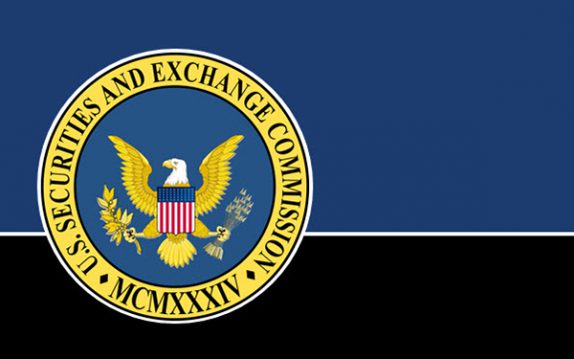The SEC’s Office of Compliance Inspections and Examinations (“OCIE”) recently published a Risk Alert highlighting common errors advisers make regarding the fees and expenses charged to clients. According to the OCIE, these errors may be violations under the Investment Advisers Act of 1940.
Although some of these concepts may seem elementary, OCIE encourages advisers to review their fees and expense disclosures and practices to ensure compliance with the Advisers Act’s requirements. After reviewing more than 1,500 adviser examinations over the last two years, the OCIE identified the following common errors:
- Fee Billing Based on Incorrect Account Valuations. For accounts collecting fees as a percentage of the value of the respective account’s assets, advisers should ensure that:
- The manner in which the assets are valued in the advisory agreement is the same as the manner in which the assets are valued for assessing fees;
- Assets that were explicitly excluded from a fee assessment in the advisory agreement are not included in the client’s fee calculation.
- Billing Fees in Advance or with Improper Frequency. Advisers should check that the customer is charged fees consistent with the advisory agreement’s billing terms.
- Applying Incorrect Fee Rate. Advisers should ensure that the rate charged is consistent with the rate agreed upon in the advisory agreement. Additionally, OCIE reminds advisers that “non-qualified” clients (i.e. those who put less than $1,000,000 under management “immediately after entering into a contract” with an adviser) may not be charged a fee under Section 205(a)(1) of the Adviser’s Act based on a share of capital gains upon or capital appreciation of the funds. See also Adviser’s Act Section 205-3 (defining “qualified client” under the Adviser’s Act).
- Omitting Rebates and Applying Discounts Incorrectly. Advisers should ensure that any rebates or discounts in the advisory agreement are correctly applied. Advisors should pay particular attention to discounts automatically reduced in the advisory agreement.
- Disclosure Issues Involving Advisory Fees. Any additional fees or markups in addition to a standard advisory fee should be disclosed to the client in the advisory agreement.
- Adviser Expense Misallocations. Advisers should ensure that billing miscellaneous expenses to clients does not contravene the advisory agreement.
Proactively monitoring and verifying fee arrangements may not only help avoid scrutiny from regulators, it may also help avoid customer complaints. Additionally, FINRA member firms may have to specifically address customer complaints regarding fees under FINRA Rule 4530. In a nutshell, transparency, accurate disclosure, prophylactic review and open dialogue regarding fee arrangements will lead to fewer regulatory concerns and, ultimately, more satisfied customers.
Links:
- SEC Risk Alert: Overview of the Most Frequent Advisory Fee and Expense Compliance Issues Identified in Examinations of Investment Advisers (April 12, 2018)
- FINRA Rule 4530
– Keesal, Young & Logan Securities Group
This information has been prepared by Keesal, Young & Logan for informational purposes only and is not legal advice. Transmission of the information is not intended to create, and receipt does not constitute, an attorney-client relationship between you and Keesal, Young & Logan. You should not act upon this information without seeking professional counsel.
